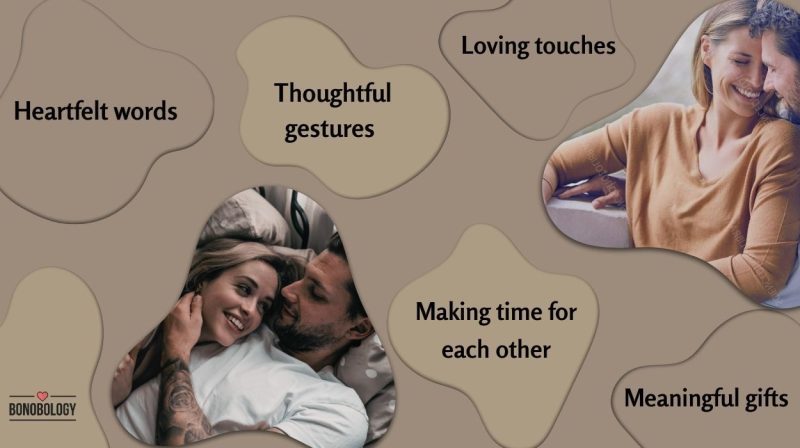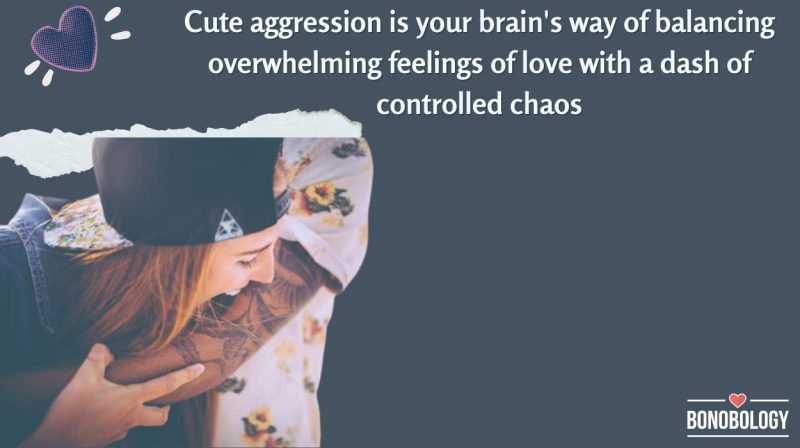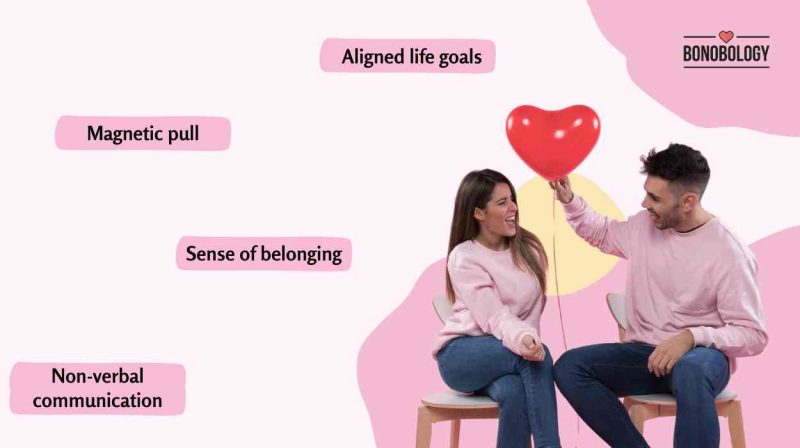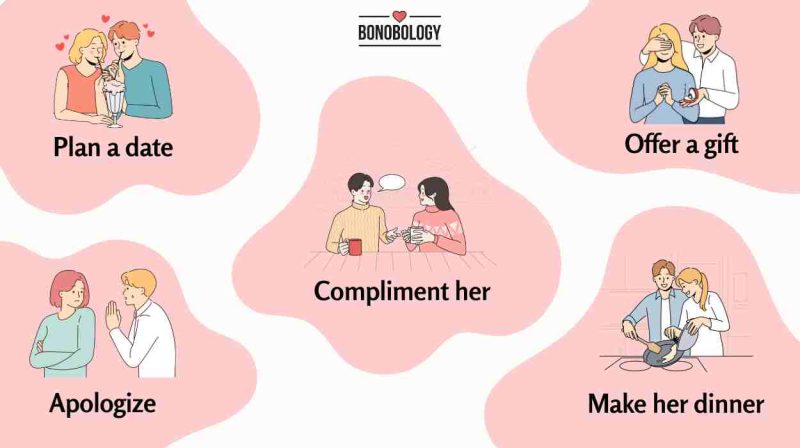What does it take to build a wholesome, fulfilling relationship with a significant other? Love, trust, respect, understanding, loyalty? Perhaps, you have your own set of relationship qualities to add to the list, such as friendship, laughter, shared values. But these descriptions, and our understanding, of what it takes to build an enduring romantic connection often miss out on one key ingredient – emotional integrity in relationships.
In fact, it wouldn’t be a stretch to claim that all of the other components of a successful and healthy relationship are sustained by emotional integrity. If right about now, you’re wondering, “Now, what the hell is that?”, fret not, it’s not some unheard of mumbo-jumbo. Chances are you’re already practicing or striving for emotional integrity in your relationships and may not even know it.
For the sake of helping you operate from a place of self-awareness in fostering wholesome connections, psychotherapist Dr Aman Bhonsle (PhD, PGDTA), who specializes in relationship counseling and Rational Emotive Behavior Therapy writes about different facets of emotional integrity in relationships.
What Is Emotional Integrity?
Table of Contents
Now, coming back to the all-important question that’s weighing on your mind: what is emotional integrity? To understand this concept, let’s revisit the meaning of the word integrity. It’s defined as a quality of being honest, incorruptible and adhering to a code of values and principles.
When all of those attributes are applied to your emotions, you get emotional integrity. It refers to a congruity between your thoughts, feelings, behavior and speech. Cultivating emotional integrity allows you to be in touch with what you’re feeling and why, and be able to share your state of mind with others, even if it is uncomfortable or painful to do so.
In the simplest terms, emotional integrity in relationships is nothing but honesty about your true feelings and emotions. It stems from a place of acceptance of your thoughts and feelings. Only when you truly accept every emotion as it occurs will you be able to convey it without anger, blame or resentment.

Doing so will, in turn, ensure that your behavior, words and body language are in sync with what you’re feeling on the inside. This helps your significant other understand you better and respond to your needs more healthily, thus helping in developing emotional intimacy.
Emotional integrity in relationships isn’t a given or intrinsic quality. It has to be nurtured and cultivated with consistent effort. That effort comes from the courage of acknowledging and accepting your true feelings, needs and desires without judging them from the lens of societal constructs of morality.
It is through achieving emotional integrity that you can lay the foundation of a truly honest and transparent dynamic. Hence, the claim that emotional integrity in a relationship provides sustenance to values like love, loyalty, trust, respect and understanding.
Related Reading: Fear Of Intimacy: Signs, Causes & Ways To Overcome It
Do You Lack Emotional Integrity In Relationships?
Despite it being one of the core tenets of building healthy relationships, a lot of people lack adequate emotional integrity, often without even realizing it. So, how do you know where you stand on the emotional integrity spectrum? Here are a few signs of lack of emotional integrity in relationships to watch out for:
- Discomfort with vulnerability: You feel ill-at-ease at the prospect of being vulnerable with your partner and hide your weaknesses (or perceived flaws/shortcomings) from them
- Lack of clarity about your emotions: You struggle with labeling and identifying your own emotions and often feel confused about your true feelings for your partner
- Brushing things under the carpet: Instead of expressing your feelings openly, you avoid sharing the things you suspect might upset your significant other
- Avoiding conflict: You go to great lengths to avoid uncomfortable conversations and topics to steer clear of conflict in your relationship. Bottling up your emotions seems like the simpler choice
- Dishonesty: White lies are a regular feature in your relationship and you lean in favor of hiding mistakes from your partner – again to avoid unpleasant conversations and conflict
Related Reading: 11 Signs Of Dishonesty In A Relationship
Reasons for lack of emotional integrity in relationships
If you found these signs relatable, it can be a disconcerting realization that your relationship doesn’t rest on the foundation of honesty and transparency. However, it isn’t necessarily a red flag that screams this relationship is doomed to fail. As long as there is the will to effect change, backed by consistent effort, it may not be too late to turn things around.
That journey begins with an understanding of why there is a lack of emotional integrity in your relationship. Self-awareness is the starting point of healing. With that in mind, let’s look at the key reasons why so many people struggle with emotional integrity in their most intimate relationships:
- Rejection of your own emotions: If you’re afraid of what your emotions represent or feel that a certain emotion or feeling may invite shame and scrutiny, chances are that you will mask it. At best, you may present a more palatable version of that emotion to your partner. At worst, you may bottle it up completely
- Emotional neglect as a child: Lack of emotional integrity is also one of the most telling signs of emotional neglect in adults. If you grew up experiencing emotional neglect as a child where you were not allowed to express certain emotions or emotions were disapproved of or you didn’t get the emotional nurturing you were owed by your primary caregivers, you become disingenuous about your emotions
- Experiencing lack of emotional integrity: As with most other behavior patterns, a lack of emotional integrity can also be imbibed from a role model or a systemic setup. If you grew up experiencing a lack of emotional integrity around you, you wouldn’t know what it means. How can you practice something you don’t even recognize? So, people who grow up in households or cultures where openness is not encouraged may grapple with a lack of emotional integrity in relationships
- Partner’s reactions: Whether or not you’re able to express yourself honestly and openly in a relationship also depends a lot on the temperament of the person you’re with. If your partner has anger issues or you’re a victim of abuse in the relationship, it’s only natural that you will begin to hide your true feelings and emotions to protect yourself

How To Cultivate Emotional Integrity In Relationships
Whatever be the reason for lack of emotional integrity in relationships, if left unaddressed for long, it has a way of coming out in the ugliest ways. Not being honest about your emotions leads to bottling up. And then, it all comes out suddenly. For instance, when you hear of a person walking out of a decades-long marriage and their spouse feels completely blindsided by that decision, it’s nothing but a manifestation of emotional disingenuity.
That person may have been keeping their disappointments, needs, wants, desires, expectations, feelings and emotions to themselves for so long that over time the pent-up becomes unbearable, bringing them to the “I can’t do this anymore” stage.
Apart from breaking up relationships, lack of emotional integrity can manifest in myriad other ways, such as mood-based disorders, sleep disorders, anxiety, a reclusive outlook, and in extreme cases, domestic abuse and suicidal thoughts. That’s why it’s best to not let it fester.
The good thing is that emotional integrity can be cultivated in relationships, with mindful and consistent effort from both partners. Here are a few ways that can help:
- Respect differences: The first step toward cultivating emotional integrity in relationships is learning to respect each other’s opinions and emotions, even when you don’t agree with them. A healthy coexistence of differences is the key to nurturing honesty
- Introspection: This needs to be followed up by an examination of why real emotions are not being expressed. Once you get to the root cause of lack of emotional integrity in a relationship, weeding it out becomes easier
- Be patient: Emotional integrity is not a license for an unfiltered outpouring of emotions. Unleashing raw emotions onto your partner can do more harm than good. When you’re at the peak of an uncomfortable emotion, take some time off to process it, figure out where it is stemming from and why, and communicate it to your partner only when you’re calm and collected
- Focus on healthy communication: At the end of the day, the purpose of emotional integrity is to strengthen a couple’s bond. That’s why the focus should be on improving communication in the relationship, making sure that is reconciliatory and aimed at mending what’s broken. It is also critical to time your communication well and not lose touch with the truth that motivates it
- Seek therapy: Breaking away from established behavior patterns on your own can often prove counterproductive. If your inability to be honest about your emotions is rooted in having faced emotional neglect as a teenager or a child, for instance, it’s imperative to heal old wounds to be able to stop bleeding on those who didn’t cut you. Besides, working with a counselor can help you understand where your emotions are coming from and how you can deal with them in a healthier manner
Related Reading: 9 Proven Benefits Of Counseling – Don’t Suffer In Silence
Emotional integrity in relationships, while important, cannot be absolute. You have to be mindful of the fact that authenticity can come at a price. So, it is for you to decide how much truth is too much and how much is too little. Not all your emotions, feelings or thoughts need to be shared with your partner.
Sometimes, a temporary thought of no consequence can cause permanent damage to your relationship. You must know which emotions need to be expressed, which need to be kept private. Above all else, integrity to your own values is the most important. Once you learn how to adhere to it, emotional integrity – in the right amount – will follow.
Lack Of Affection And Intimacy In A Relationship — 9 Ways It Affects You
Your contribution does not constitute a charitable donation. It will allow Bonobology to continue bringing you new and up-to-date information in our pursuit of helping anyone in the world to learn how to do anything.























 Chinese (Traditional)
Chinese (Traditional) Croatian
Croatian Czech
Czech Dutch
Dutch French
French German
German Greek
Greek Hungarian
Hungarian Italian
Italian Japanese
Japanese Korean
Korean Polish
Polish Portuguese
Portuguese Russian
Russian Slovak
Slovak Spanish
Spanish Swedish
Swedish Turkish
Turkish Ukrainian
Ukrainian
Featured
Looking For Words To Make Her Trust You? 300 Ideas
What Is Affection In A Relationship And How To Show It
21 Undeniable Signs A Guy Is Claiming You
Why Do I Want To Bite My Boyfriend? The Psychology Behind It
Ungodly Soul Ties Keeping You Stuck? Learn How To Break Them
How To Feel Confident During Your First Sex Experience
200+ Creative Responses To “I Love You”
15 Things to Consider Before Making a Relationship Official
How To Make Him Obsessed With You: 21 Smart Tips
10 Best Apps for Long-Distance Relationships
21 Signs You Have An Unexplainable Connection With Someone
150 Words Of Affirmation Examples To Cement Your Bond
7 Obvious Signs He Likes You, As Per A Relationship Expert
How To Manifest Someone To Be Obsessed With You
100 Romantic Birthday Wishes To Make Your SO’s Day Extra Special
200 Romantic Text Messages That Will Make Her Want You Badly
How To Make It Up To Your Girlfriend: 20 Effective Ideas
Emoji Love Texts: 15 Creative Ways to Express Your Feelings
30 Romantic Emoji Meanings — Decoded for You
100 Things for Couples to Do Together